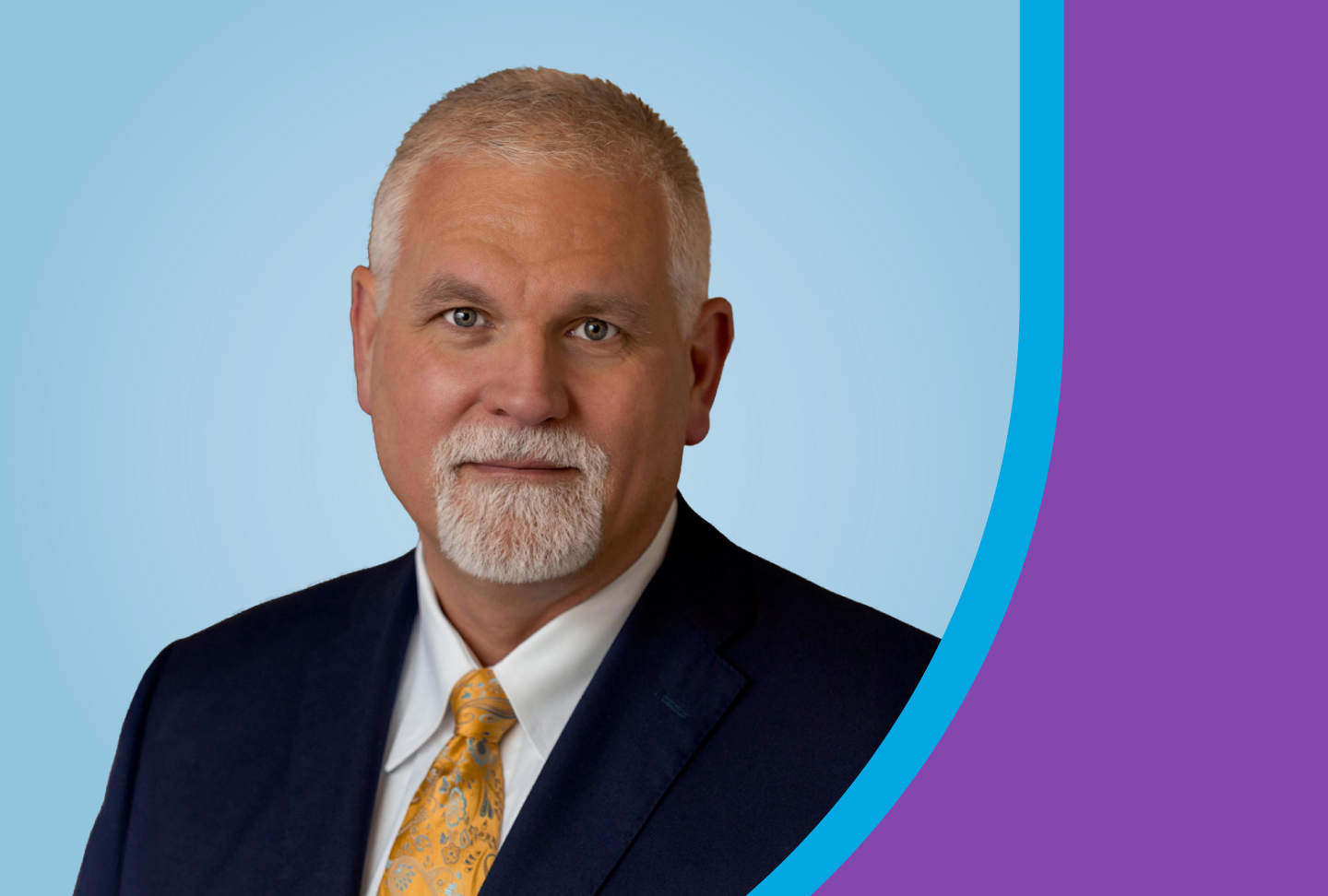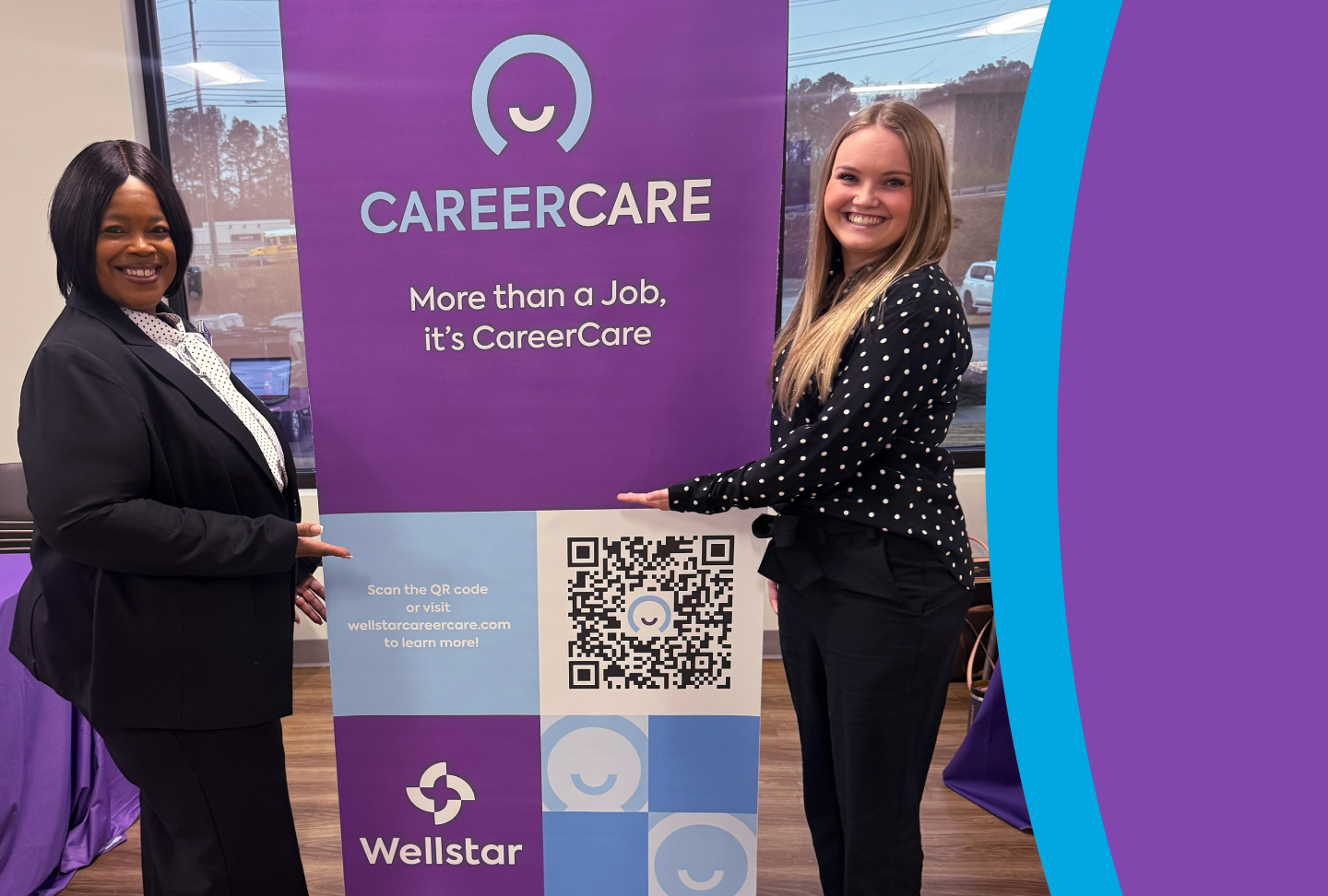
Dramatic weight loss stories from people taking new obesity and diabetes drugs have many patients asking their healthcare providers, “Could these be right for me?” Dr. Alicia Shelly, an internal and obesity medicine physician at Wellstar, joined host Bruce Feinberg, DO, on 95.5 WSB’s The Weekly Check-Up to talk about it all, including:
- What to expect from obesity treatment today
- Medication options and costs
- How lifestyle coaching fits into treatment
- When bariatric surgery may be appropriate
What to expect at your obesity appointment
Your first visit to Wellstar Center for Best Health will typically last 30 to 45 minutes, and you’ll be asked about your:- Medical history
- Past experiences trying to lose weight
- Lifestyle, including exercise, sleep and eating habits
- Stress and mental health
Obesity medications take center stage
If you’re like many who come to Wellstar, you’ve heard about injectable medications like Wegovy and others. Similar medicines that can be taken by mouth are in clinical trials. The drugs are called GLP-1s, which is short for glucagon-like peptide-1 receptor agonists. They act like a natural hormone that regulates appetite, slows stomach emptying and decreases insulin levels. As a result, many patients feel full longer, eat less and have better blood sugar control. “The medications help turn off cravings and your appetite,” Dr. Shelly said. Patients also report less mental “noise” about food, such as musing after breakfast, “What am I going to eat for lunch?" Without insurance coverage, GLP-1s can cost around $1,000 a month. If you have insurance that covers some or all of the drugs’ costs, you may need your insurance plan’s approval in advance. Wellstar nurse navigators can help you with this process. If you can’t afford newer medications, there are additional options among older and less costly medications approved for weight loss. Dr. Shelly noted that if cost and insurance weren’t barriers, she’d probably recommend medication for 75% of her patients. “Many people have already done a lot of diets and exercises in the past to lose weight, but the weight keeps coming back. And that’s because obesity is a chronic disease.”Nutrition, exercise and behavioral healthcare are all part of obesity treatment
Healthy weight loss takes a combination of approaches, not just prescriptions, according to Dr. Shelly. If you are treated for obesity at Wellstar you’ll likely visit several clinicians, including:- A registered dietitian for personalized nutrition and meal planning
- An exercise physiologist who develops routines that meet your physical condition
- A psychologist who can help you with motivation, handling cravings and other behavioral factors in weight loss




